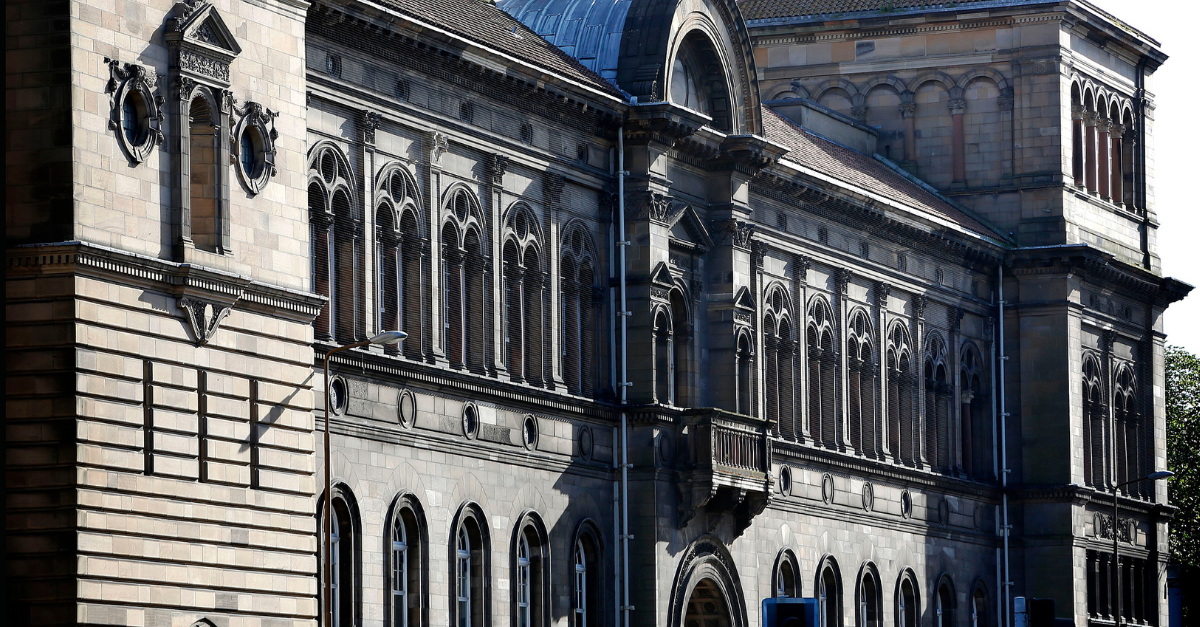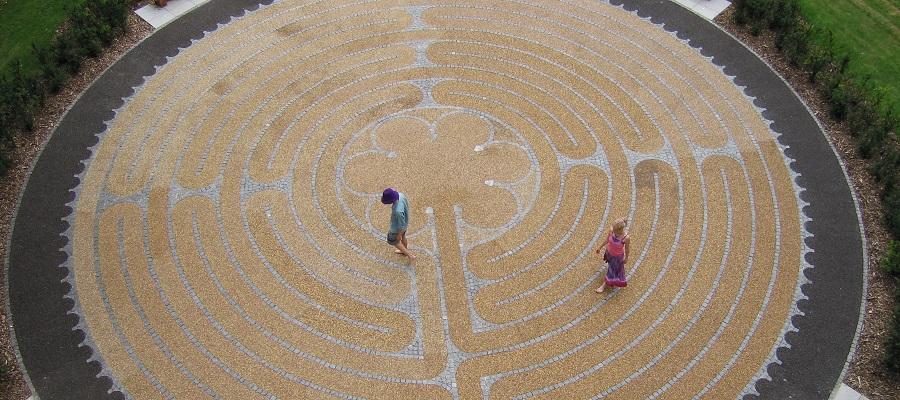Tag: peer support
Tanvi shares her experience of being an international student, and the supportive community of School of History, Classics and Archaeology. Student life in Edinburgh is colourful and multifaceted, and this is something that the University has continued to provide throughout my time as a student here. My experience at the School of History, Classics and Archaeology […]
Fitting in, finding friends, ‘the student experience’. There is no one way to be a student, but 4th year History (MA Hons) student Georgia-Taygeti shares her experience and how volunteering made the difference for her. In my first year I didn’t really feel like I was doing the student thing right. I made my closest […]



